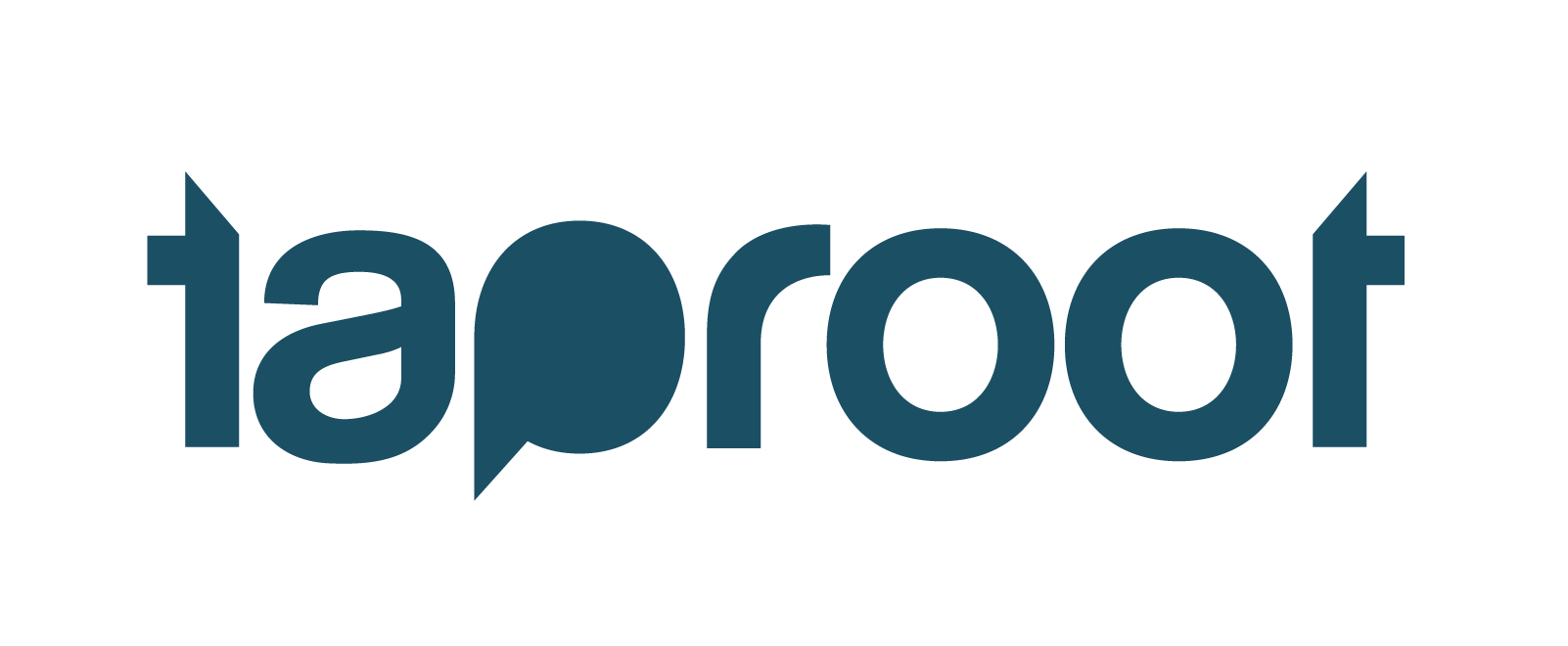Quick Consult: Empower Your Team With Future-Focused Skills
Pro bono service can be a skill-building solution for companies keeping pace in our rapidly changing world.

Quick Consult is a series where members of our team share insights into questions and topics we hear are top of mind for pro bono practitioners at all stages. Alexandra McArthur, Director, Advisory Services & Central Market Lead, provides tips on how pro bono service can prepare companies with skills appropriate for the changing world of work. Check out Alex’s advice below.
We’re thinking about the future of work at my company, and I’m wondering what relevant skills can be developed through pro bono experiences?
We hear this question from a lot of companies looking for ways to strengthen employee skills, particularly in the changing world of work, and rightly so. There are some concerning metrics out there, such as 79% of CEOs noting that the a lack of key skills is a primary threat to the future growth of their company. And with the rapid changes in the workforce that the ongoing crises have created, it’s crucially important to empower and motivate employees. That’s where pro bono service comes in.
Every day we see how effective pro bono programs can be in building employee skills in an appropriately challenging space. In fact, employees can develop job-related skills through these programs at a rate 95% higher than traditional volunteer programs. And pro bono service exposes employees to many critical skills such as inclusion, empathy, resiliency, and more.
Here are just a handful of the skills that you can cultivate in your employees through pro bono service:
Problem-solving
Problem-solving is so broad that it touches every aspect of the workforce. And it’s a skill that is particularly well-honed through pro bono service. When an employee connects with a nonprofit on a specific challenge, they have the chance to apply their problem-solving skills in a novel and challenging environment. So, when a nonprofit comes to the table with a pretty sizeable tech challenge—and a long list of constraints (like a minimal budget and no staff)—that employee will be stretched beyond their comfort zone to find a solution that’s both successful and sustainable.
Leadership
The evolving corporate world needs people at all levels with the ability to lead; developing tomorrow’s leaders has never been more important. And—as we highlight in Leadership Development Redefined—companies recognize that experiential learning is one of the best ways to establish and improve quintessential leadership skills like humility, collaboration, agility, and change management. Emerging leaders at your company can practice taking risks and responding to challenges through pro bono service. When an employee kicks off a project with a nonprofit, they’re tasked with leading others through discovery work, managing the expectations of everyone involved, making tough decisions, and engaging the group thoughtfully towards their end goal. Leaders from other sectors may have a completely different style than their own, giving them the chance to learn by observing and interacting. Take a look at how Prudential is leveraging innovative pro bono programs to engage employees and encourage rising leaders in our Business Value of Pro Bono resource.
Communication
Communications skills are paramount in all aspects of the modern workforce, and pro bono projects give employees the chance to hone these skills in an unfamiliar environment. Collaborating with peers in the nonprofit world helps enhance their cultural competency and their ability to listen well, while working alongside team members across divisions and geographies empowers them to build and strengthen relationships within their company. See how Morgan Stanley used pro bono service to build communication skills—and a more connected workplace.
Empathy
Empathy is consistently noted by business leaders as a critical skill for our increasingly diverse workforce. And we know that all of the skills covered above actually depend on it in one way or another. Through pro bono service, employees flex their empathy muscles as they strive to work across difference and understand the struggles and goals of the nonprofit they’re supporting. Pro Bono programs often include training for how to consult across sectors and can include an emphasis on bringing an empathy and equity lens to the work.
These skills are just a handful of those that we know companies are thinking about when it comes to the future of work—but it doesn’t stop here. Pro bono service can truly be a mutually beneficial solution for companies, nonprofits, and communities keeping pace in our rapidly changing world.
Connect with Taproot to develop a pro bono program at your company.

